Peer and Collective Learning
Resources
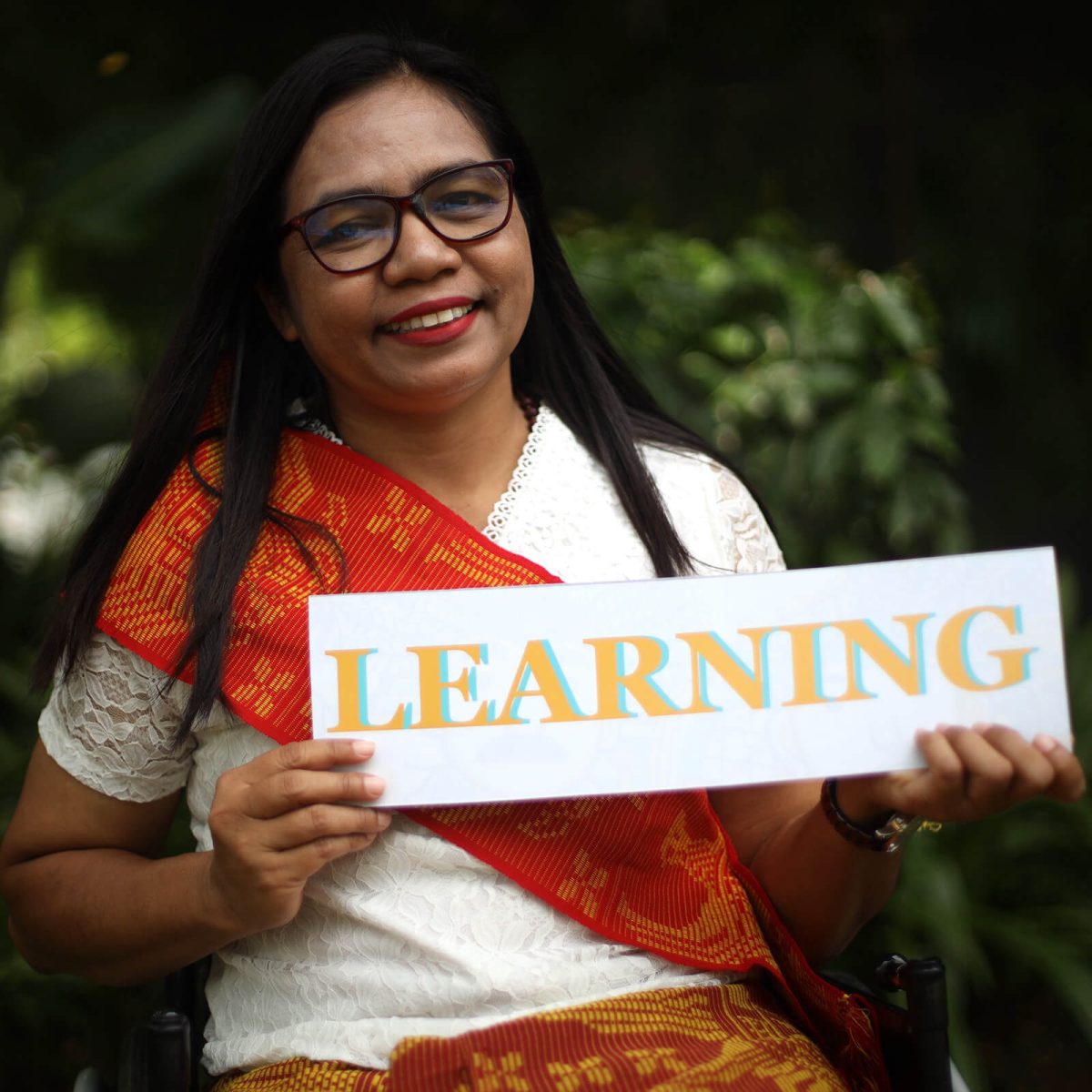
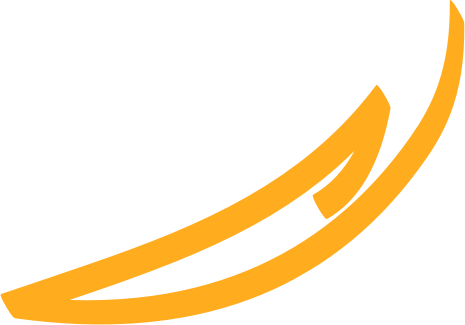
DRF is a learning organization. As part of our Peer and Collective Learning strategy, we plan to distill our internal, peer and collective learnings into insights to strengthen disability rights expertise and advocacy to transform DRF’s work. We recognize that sharing these insights and knowledge products are important to shift attitudes and inform systems change work and solutions to global crises.
Investing in Disability-Inclusive Climate Justice: A Guide for Funders (May 2025)
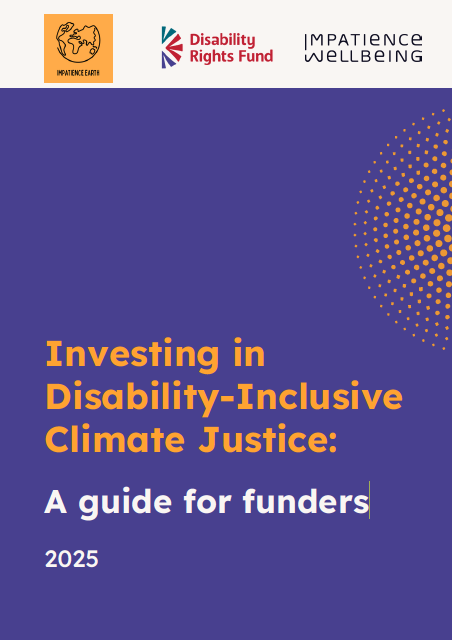 This guide explores the intersection between disability rights and climate justice, emphasising the disproportionate impact of climate change on people with disabilities among other marginalized groups. Given the lack of funding to address these inequities, research findings and recommendations are presented. DRF partnered with Impatience Earth and Impatience Wellbeing to produce this guide.
This guide explores the intersection between disability rights and climate justice, emphasising the disproportionate impact of climate change on people with disabilities among other marginalized groups. Given the lack of funding to address these inequities, research findings and recommendations are presented. DRF partnered with Impatience Earth and Impatience Wellbeing to produce this guide.
Download the Easy Read Version
Webinar—> True Climate Equity: Why Climate Philanthropy Must Center Disability Rights?
Watch this webinar hosted by Alliance Magazine on what true climate equity looks like. The webinar brought together leading voices from philanthropy, disability justice, and climate action to explore how funders can drive disability-inclusive climate solutions.
Gender Guidelines Implementation Plan (May 2022)
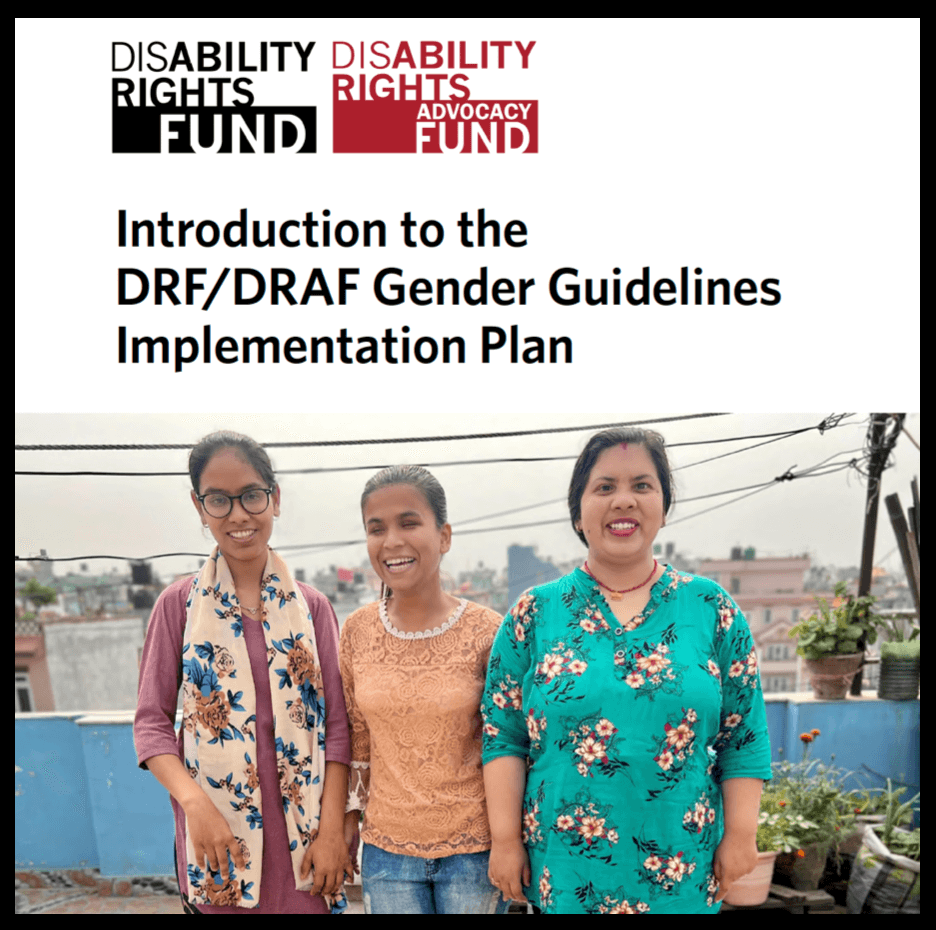 The Plan is intended to be used as a compass to steer our work in the area of gender transformation. It’s also a learning document and will change and adapt as needed over time. We will also build partnerships and alliances on the ground and globally to strategically support this work.
The Plan is intended to be used as a compass to steer our work in the area of gender transformation. It’s also a learning document and will change and adapt as needed over time. We will also build partnerships and alliances on the ground and globally to strategically support this work.
Research on DRF’s Participatory Grantmaking Approach (Nov 2021)
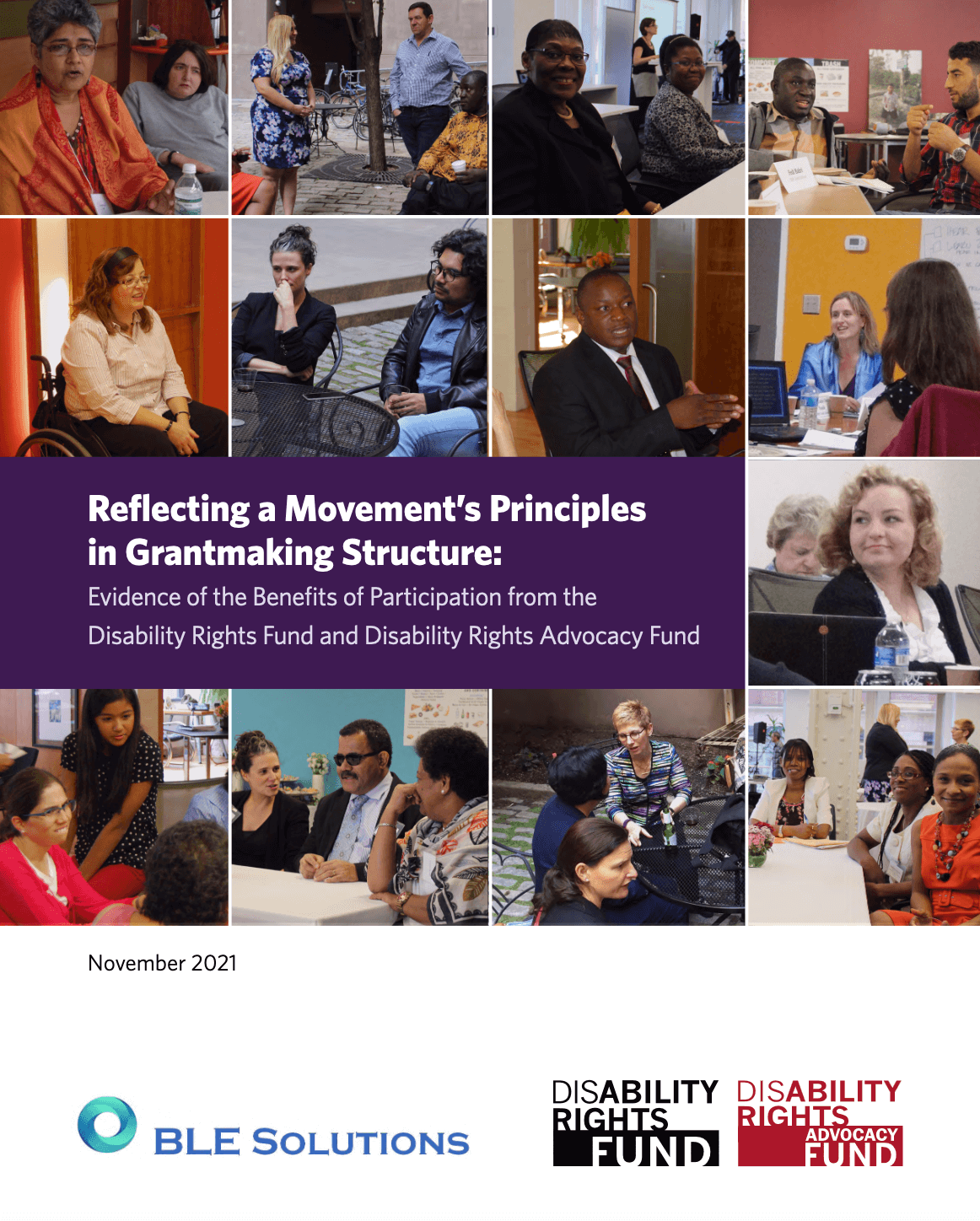 Participation—and specifically participatory grantmaking—is a core approach to how we do our work. This report documents the why and how of our participatory approach, and shares insights about its benefits and challenges. It also offers suggestions for donors who aim to be more participatory. This report is part of a suite of research funded by the Ford Foundation to deepen knowledge about participatory grantmaking.
Participation—and specifically participatory grantmaking—is a core approach to how we do our work. This report documents the why and how of our participatory approach, and shares insights about its benefits and challenges. It also offers suggestions for donors who aim to be more participatory. This report is part of a suite of research funded by the Ford Foundation to deepen knowledge about participatory grantmaking.
Download the report in PDF or Word.
Download the Executive Summary in PDF.
Lessons Learned Report from a Safeguarding Investigation (July 2021)
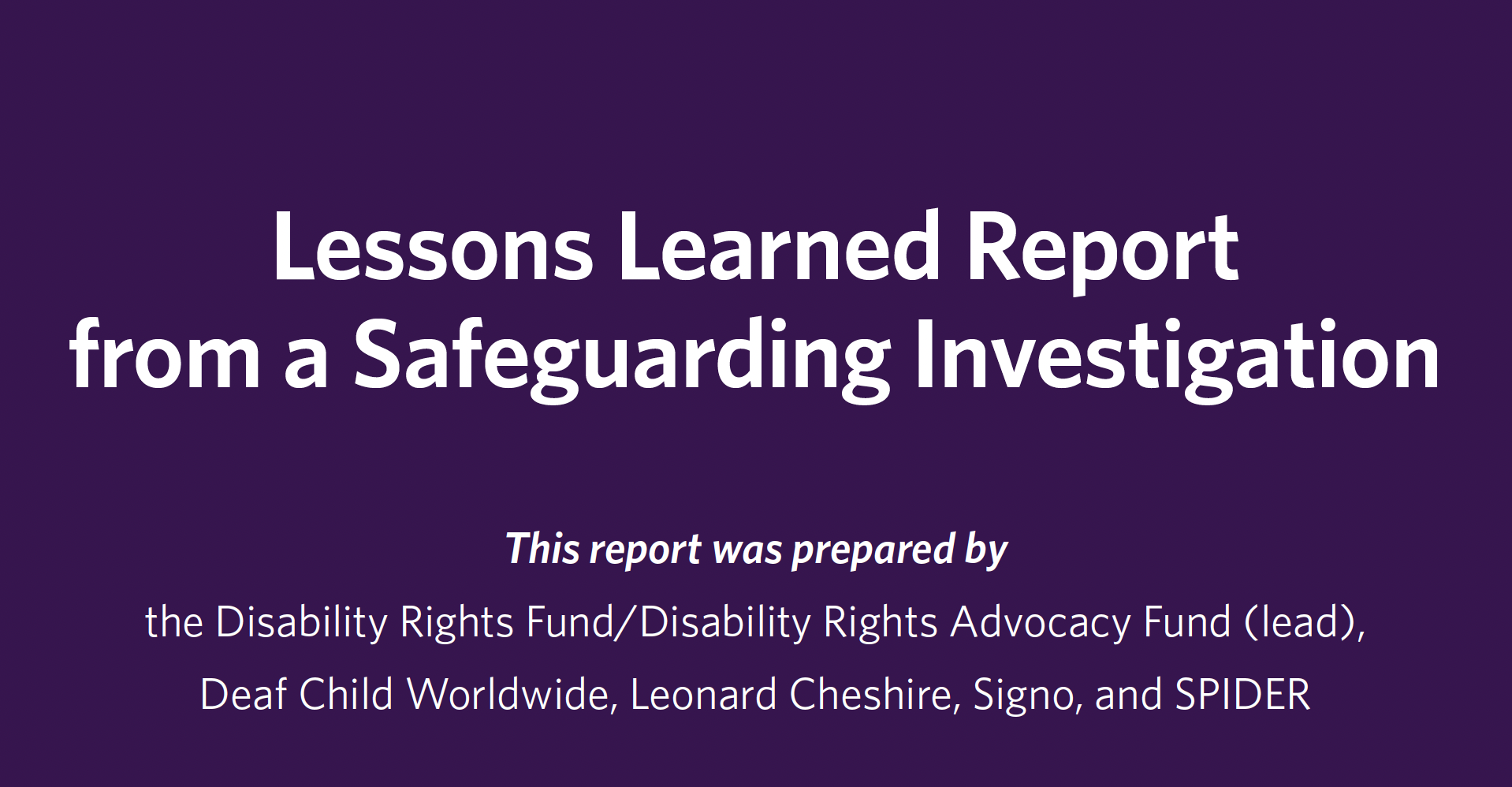 This report documents lessons learned from a collaborative investigation, completed in 2020, into sexual and financial misconduct within an Organization of Persons with Disabilities (OPD) that had received support from DRF/DRAF, Deaf Child Worldwide, Leonard Cheshire, Signs, and SPIDER. The aim of this report is to provide insight into the lessons learned by the organizations involved, as well as for other organizations embarking on similar investigations.
This report documents lessons learned from a collaborative investigation, completed in 2020, into sexual and financial misconduct within an Organization of Persons with Disabilities (OPD) that had received support from DRF/DRAF, Deaf Child Worldwide, Leonard Cheshire, Signs, and SPIDER. The aim of this report is to provide insight into the lessons learned by the organizations involved, as well as for other organizations embarking on similar investigations.
COVID-19 Disability Rights Monitor Report highlights catastrophic global failure to protect the rights of persons with disabilities (2020)
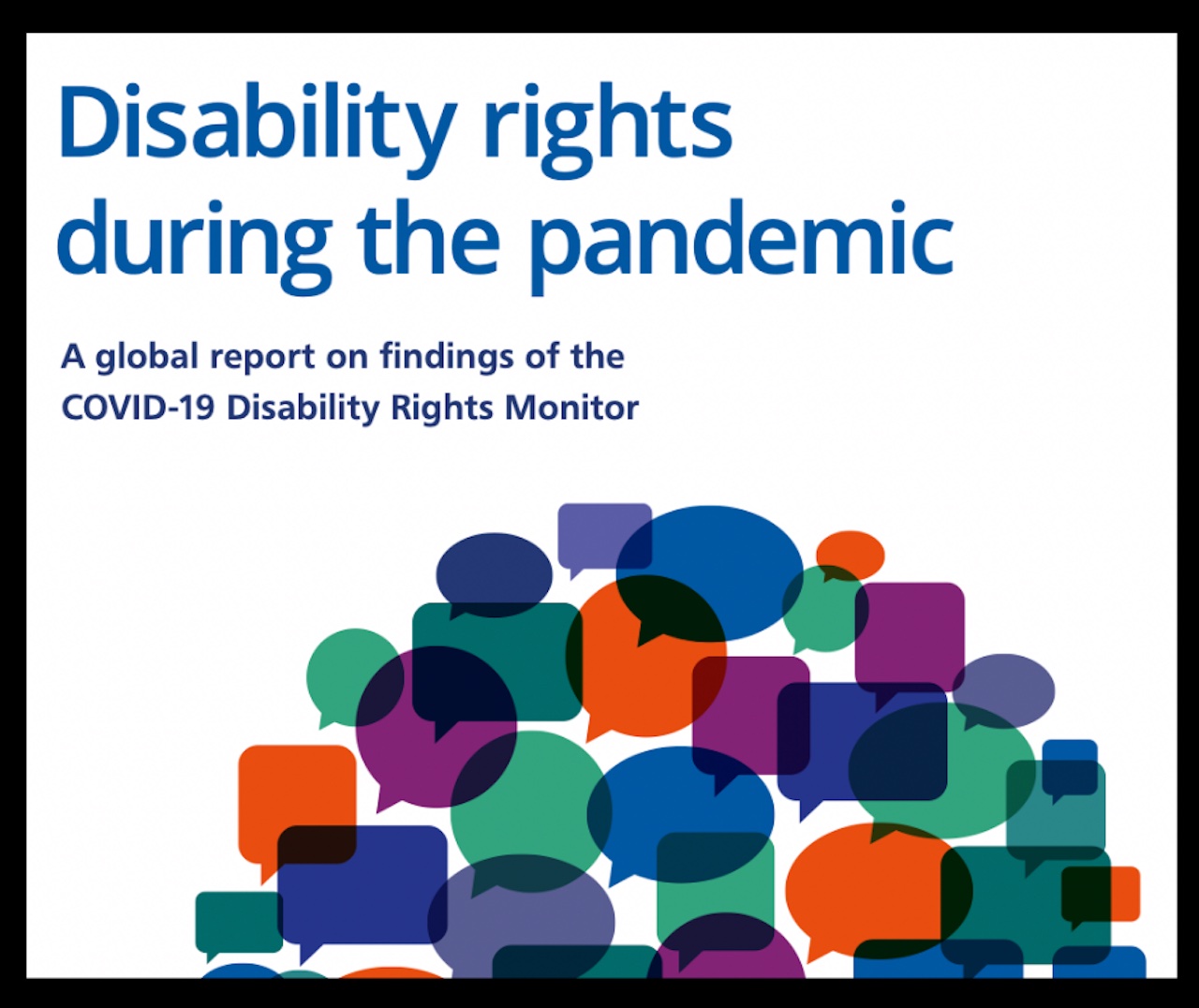 In its final report, the COVID-19 Disability Rights Monitor (DRM) Coordinating Group calls for urgent action by States and the international community to halt the catastrophic failure to protect the lives, health and rights of persons with disabilities during the COVID-19 pandemic. The report is entitled ‘Disability rights during the pandemic: A global report on findings of the COVID-19 Disability Rights Monitor.’
In its final report, the COVID-19 Disability Rights Monitor (DRM) Coordinating Group calls for urgent action by States and the international community to halt the catastrophic failure to protect the lives, health and rights of persons with disabilities during the COVID-19 pandemic. The report is entitled ‘Disability rights during the pandemic: A global report on findings of the COVID-19 Disability Rights Monitor.’
The report presents the findings from a rapid global survey of persons with disabilities and other stakeholders which took place between April and August 2020.
Final Report: PDF |Executive Summary in WORD | Executive Summary in Bahasa
Gender Guidelines (April 2018)
The Gender Guidelines are an expression of our commitment to apply a gender lens to our work as well as to learn more about the issues facing women and girls with disabilities from more marginalized communities and those with non-majority identities and sexualities (such as ethnic minorities, refugees, or LGBTQI persons), so that we can best support all persons with disabilities.
DRF DRAF Gender Guidelines (PDF)
DRF DRAF Gender Guidelines (accessible word version): English, Bahasa Indonesia, and French
Also read DRF’s 1 in 5 report on women with disabilities leading inclusion. Download Word version of 1 in 5
Deciding Together: Shifting Power and Resources Through Participatory Grantmaking (2018)
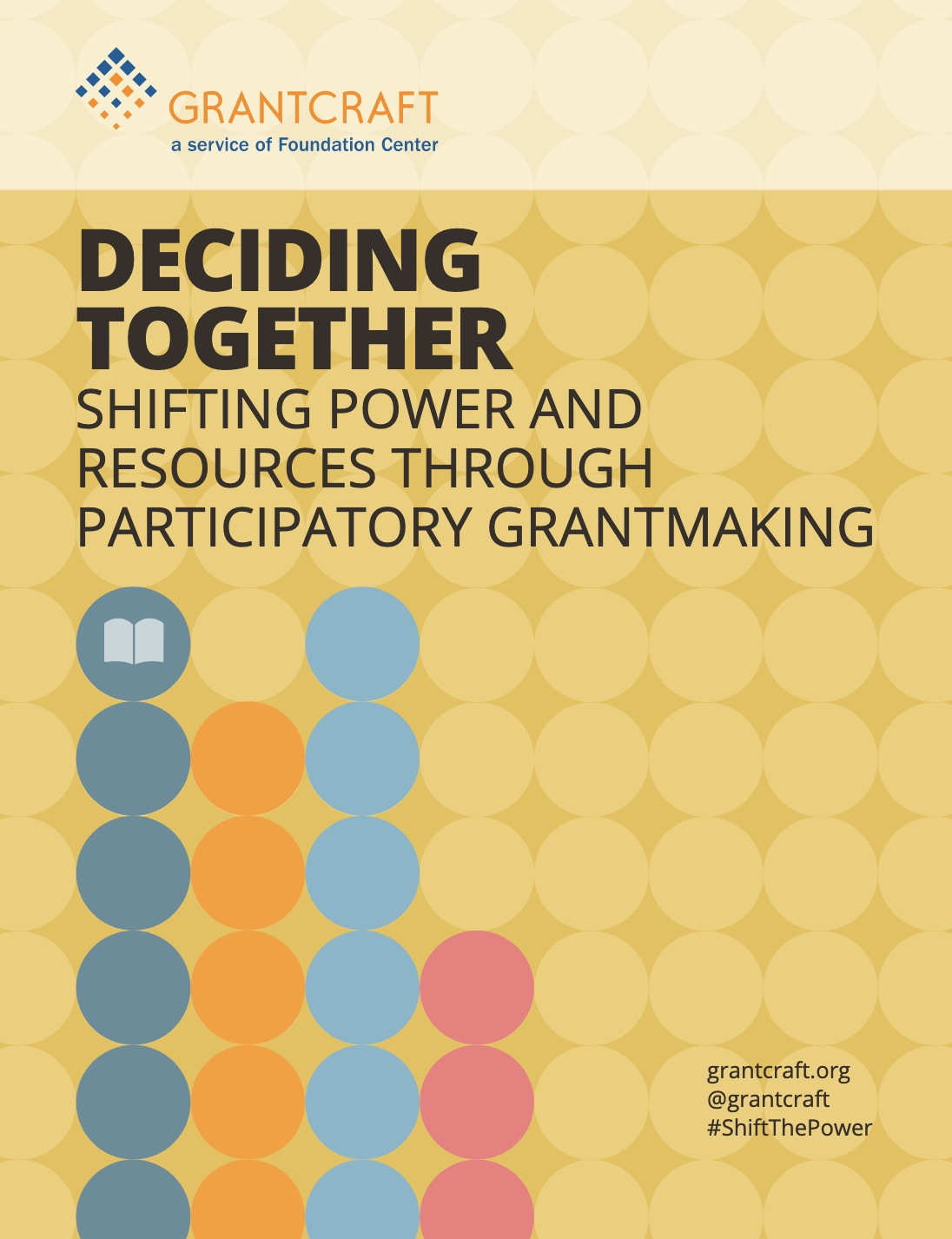 #ShiftthePower refers to a paradigm change in philanthropy and in development to ensure that populations being addressed are also those making the decisions. Until now, there have been few resources about how to do this as a grantmaker. DRF is part of a working group of participatory grantmakers who have provided input and shared best practices and lessons towards development of this new Foundation Center GrantCraft guide to participatory grantmaking. Learn from funders about strategies to consider, questions to ask, and how this approach is opening doors to greater impact.
#ShiftthePower refers to a paradigm change in philanthropy and in development to ensure that populations being addressed are also those making the decisions. Until now, there have been few resources about how to do this as a grantmaker. DRF is part of a working group of participatory grantmakers who have provided input and shared best practices and lessons towards development of this new Foundation Center GrantCraft guide to participatory grantmaking. Learn from funders about strategies to consider, questions to ask, and how this approach is opening doors to greater impact.
Supporting Inclusive Movements: Funding the Rights of Women with Disabilities
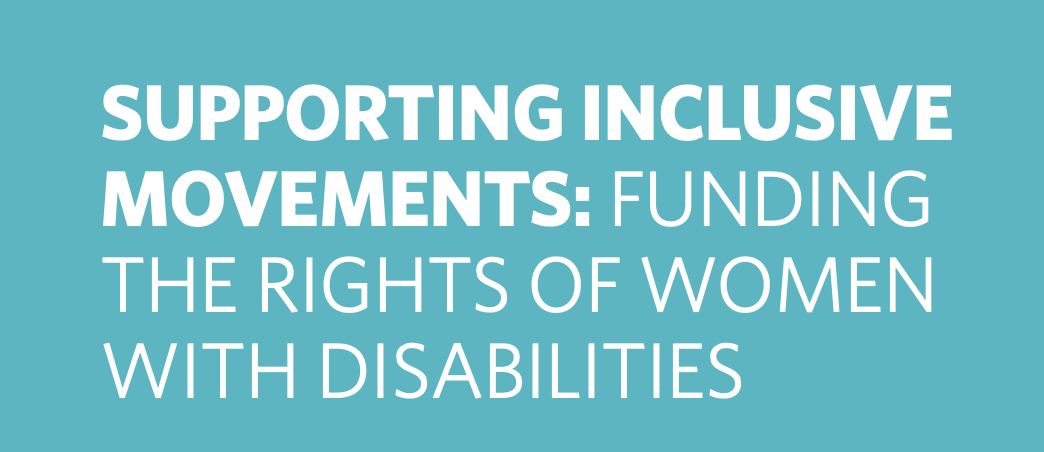 Leading advocates and women’s rights donors agree that much more can and needs to be done to include women with disabilities in women’s rights activism, agenda setting, and funding. This brief explores funding at the intersection of women’s rights and disability rights and offers steps donors can take to ensure that their grantmaking is more inclusive of women with disabilities and to support this emerging movement.
Leading advocates and women’s rights donors agree that much more can and needs to be done to include women with disabilities in women’s rights activism, agenda setting, and funding. This brief explores funding at the intersection of women’s rights and disability rights and offers steps donors can take to ensure that their grantmaking is more inclusive of women with disabilities and to support this emerging movement.
Beyond Charity: A Donor’s Guide to Inclusion
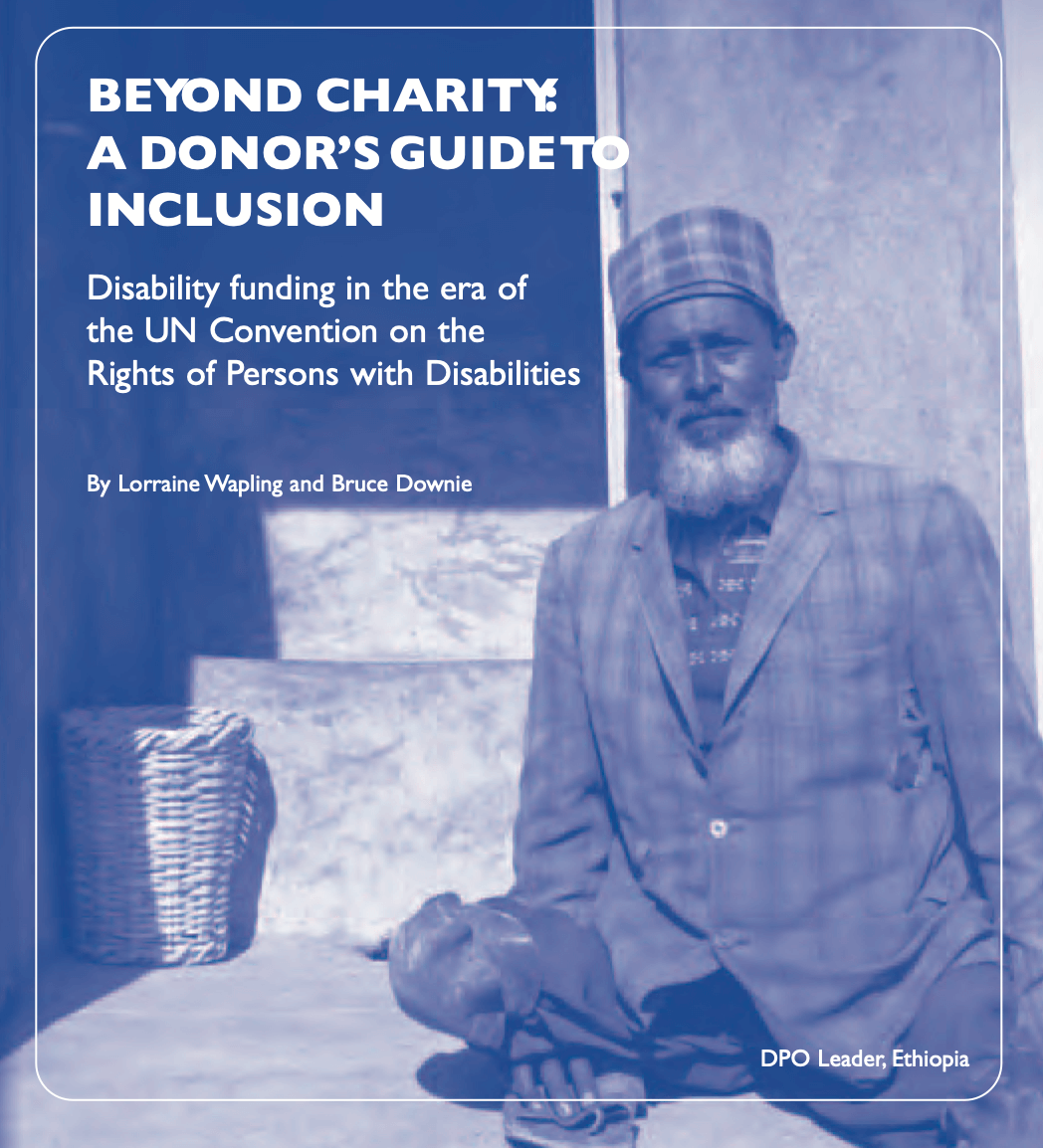 “Beyond Charity: A Donor’s Guide to Inclusion. Disability funding in the era of the UN Convention on the Rights of Persons with Disabilities” is a response to the urgent need for guidance on promoting disability rights in international cooperation. This useful and easy-to-read guide supports donors to address disability from a human rights perspective, in particular by supporting representative organizations of persons with disabilities or disabled persons organizations (DPOs).
“Beyond Charity: A Donor’s Guide to Inclusion. Disability funding in the era of the UN Convention on the Rights of Persons with Disabilities” is a response to the urgent need for guidance on promoting disability rights in international cooperation. This useful and easy-to-read guide supports donors to address disability from a human rights perspective, in particular by supporting representative organizations of persons with disabilities or disabled persons organizations (DPOs).
Download the Guide in PDF or in an accessible Word document.